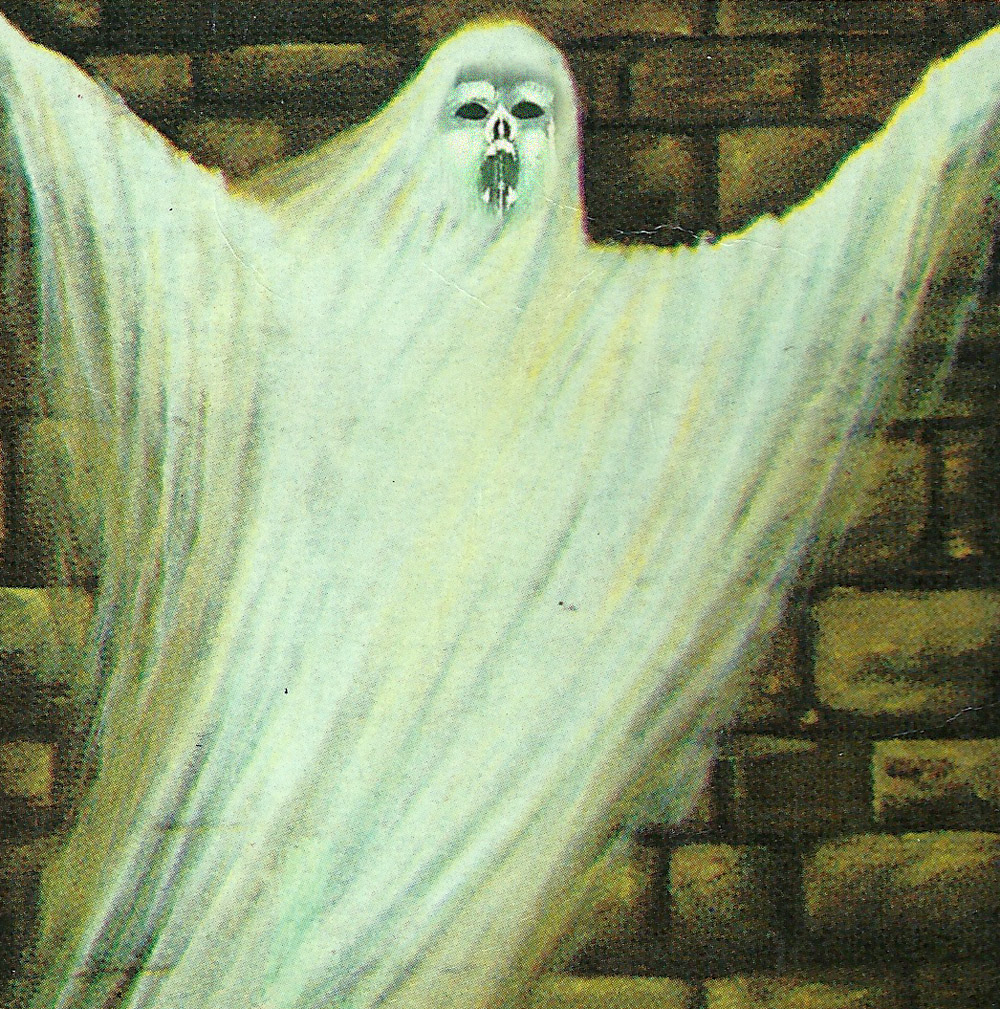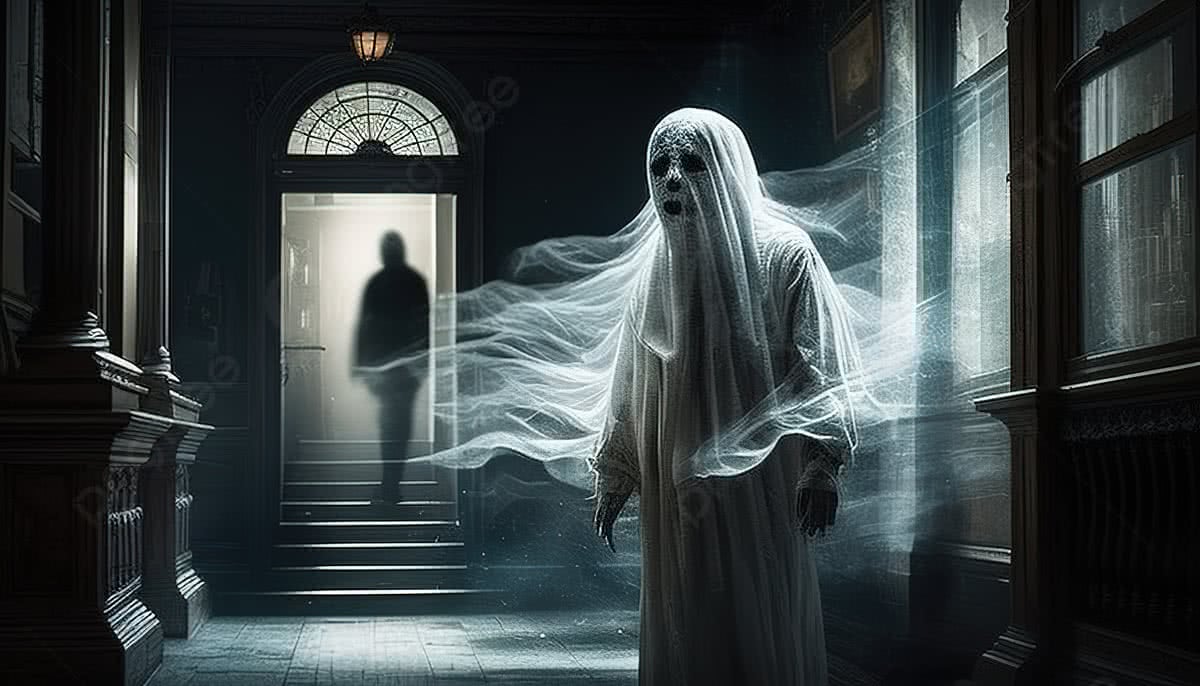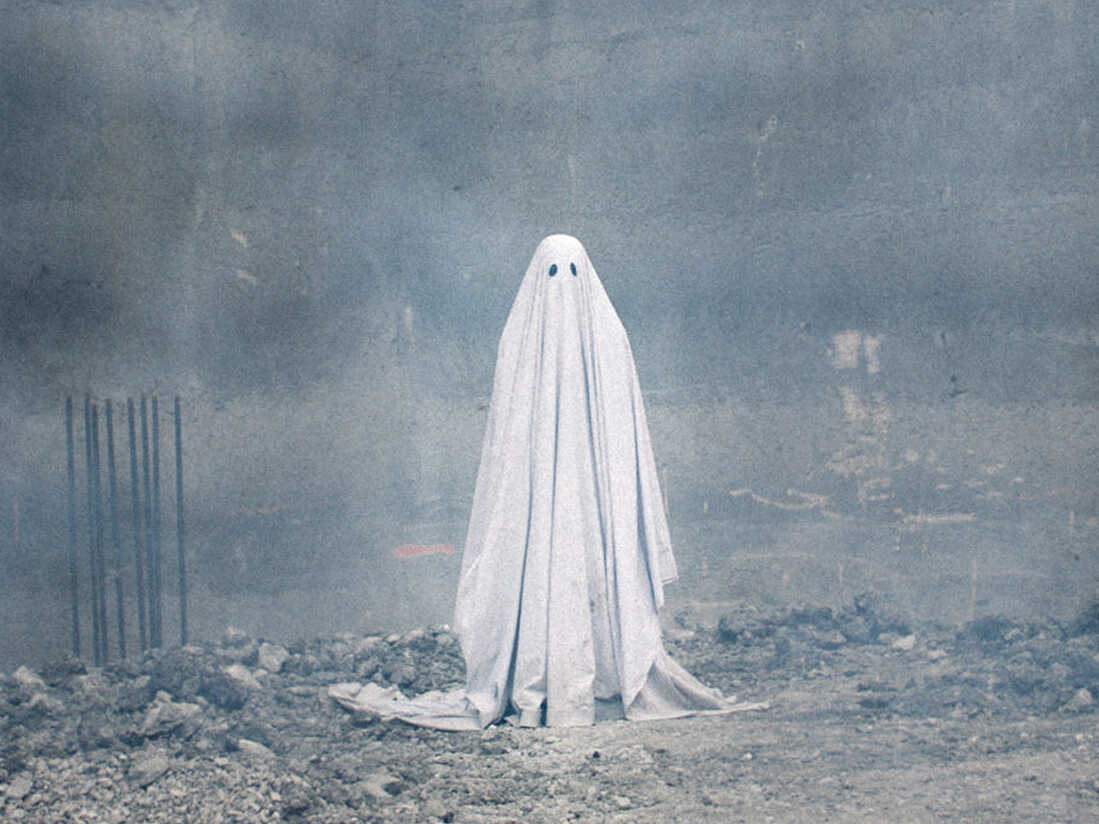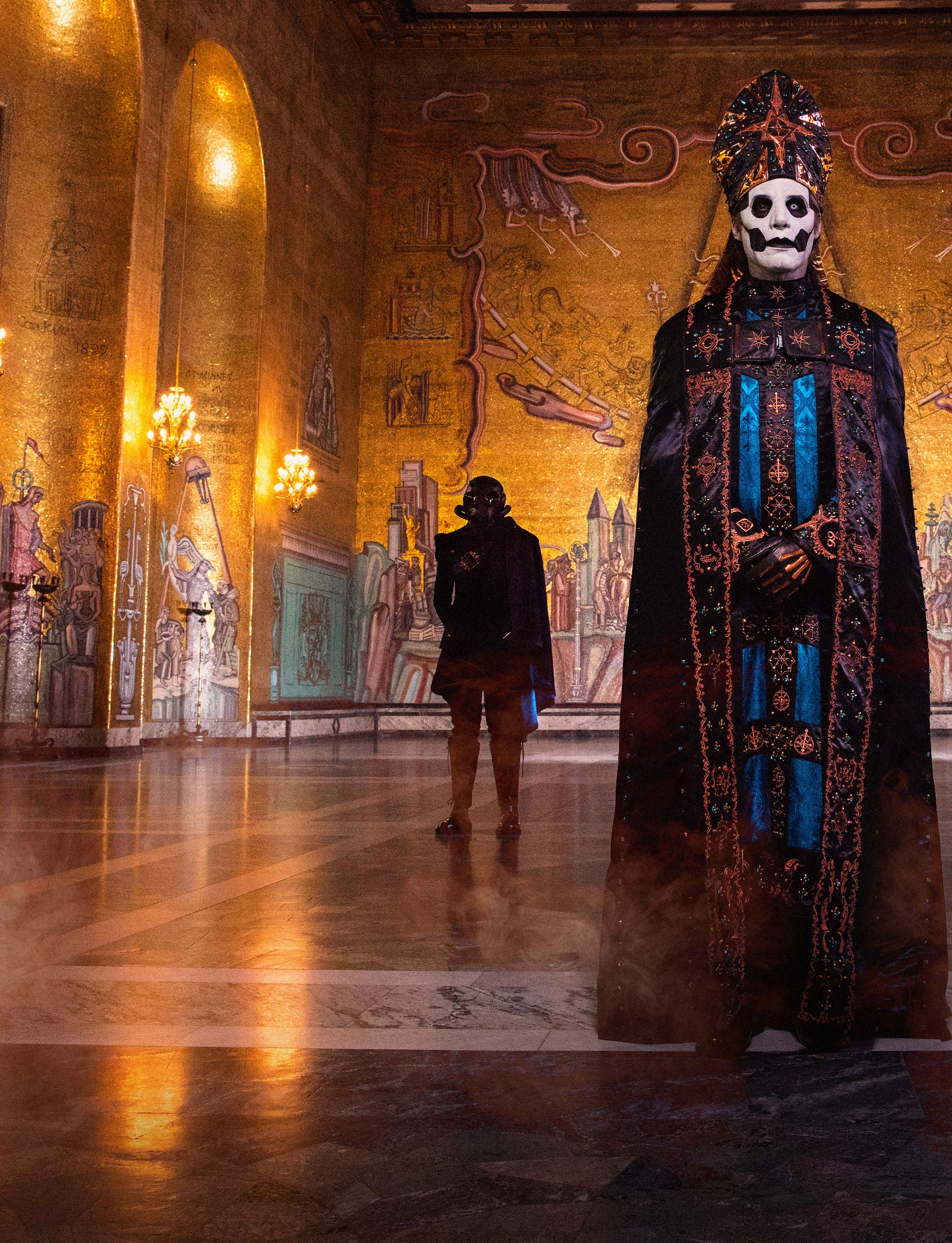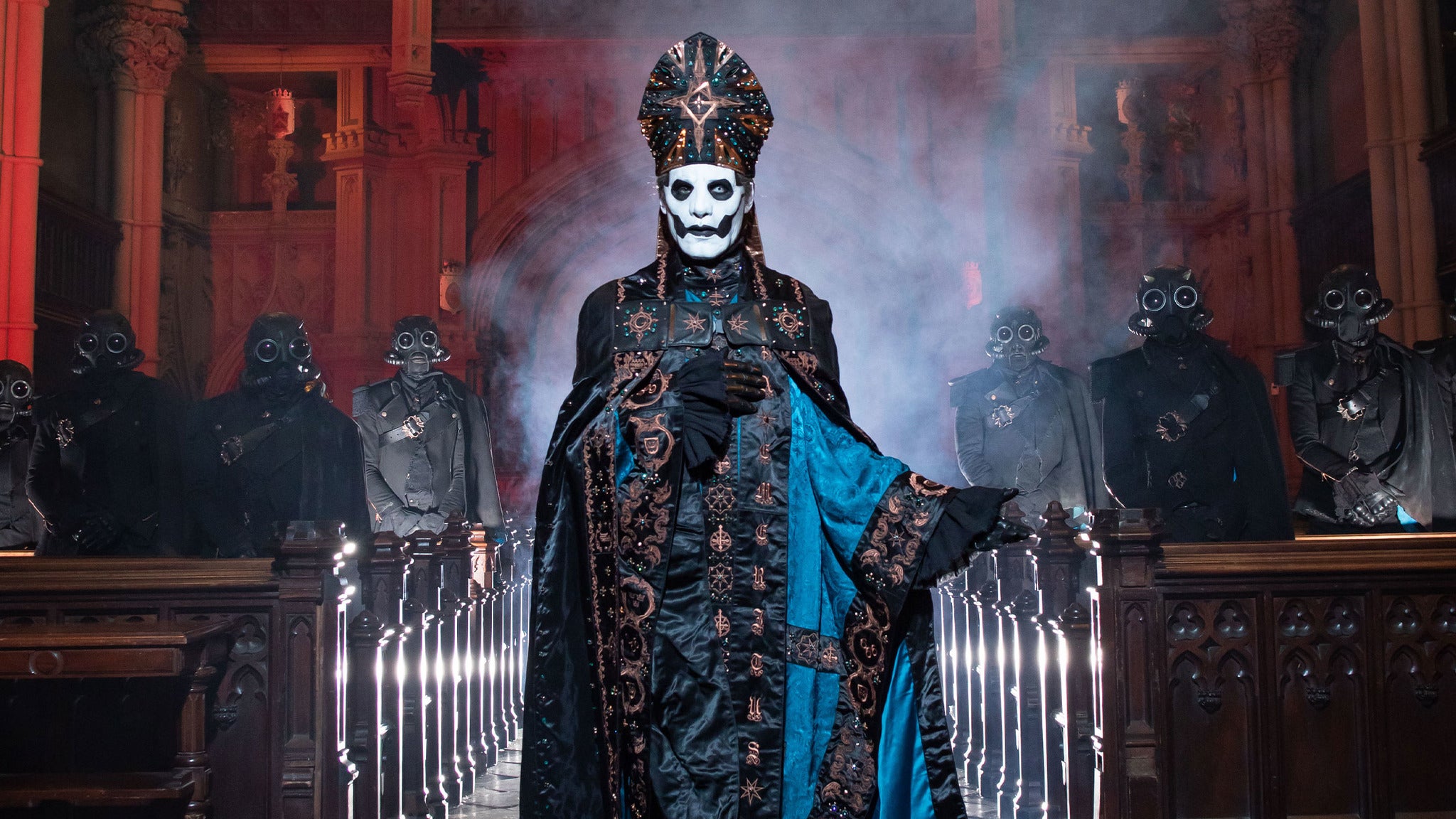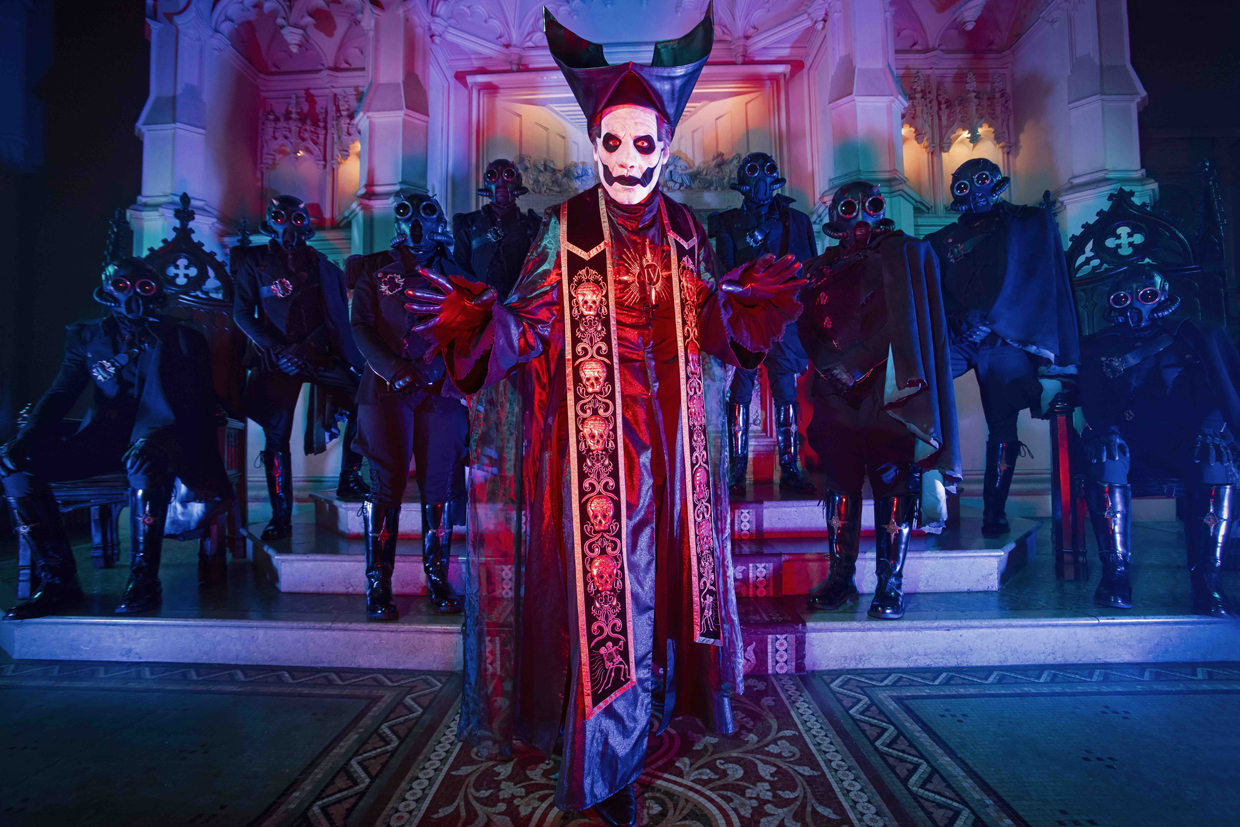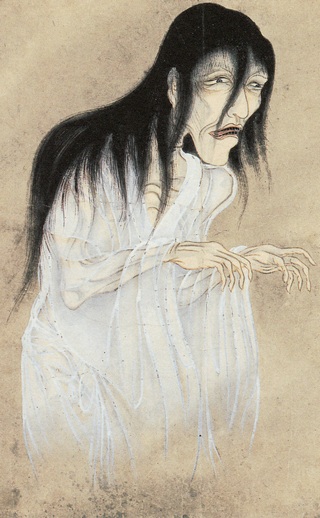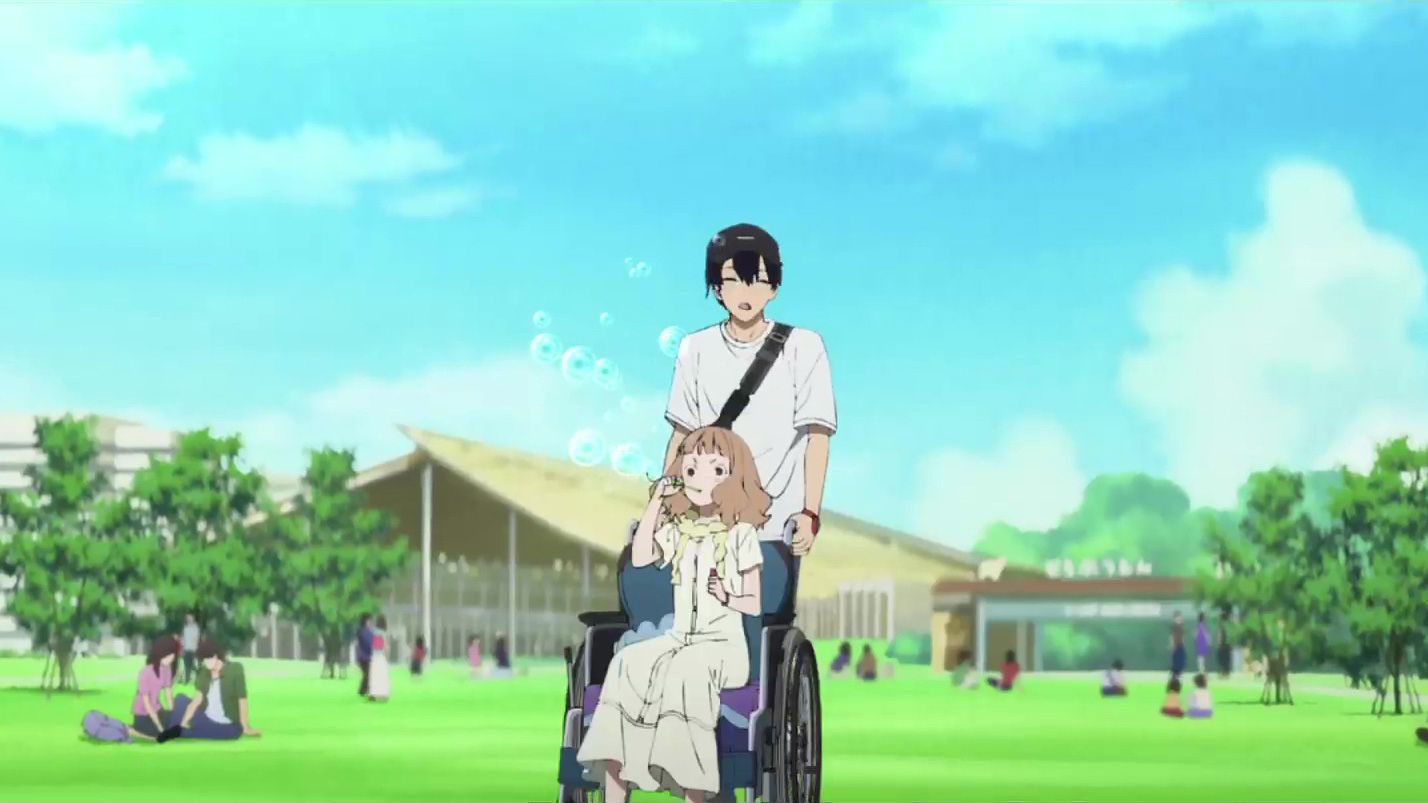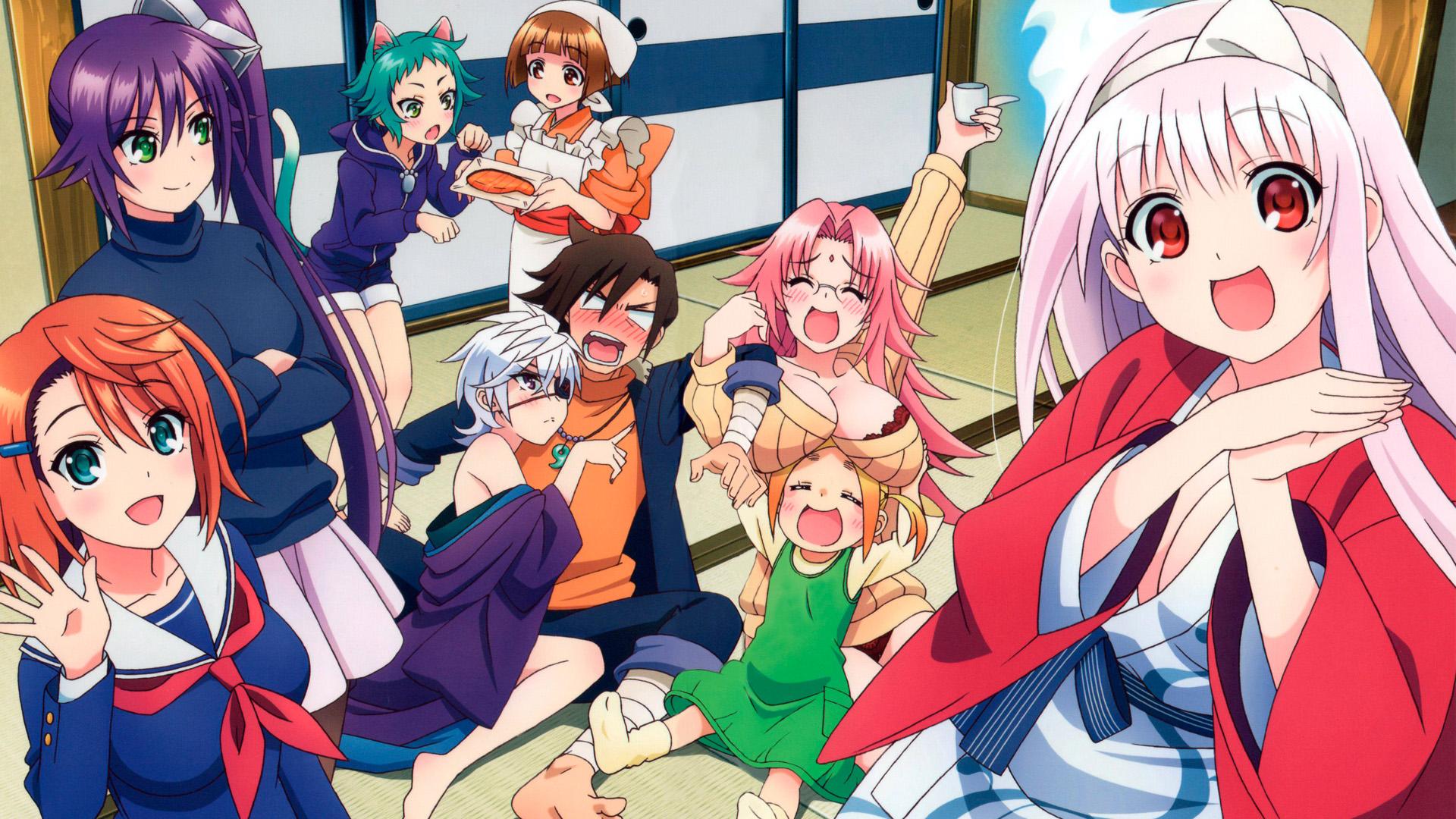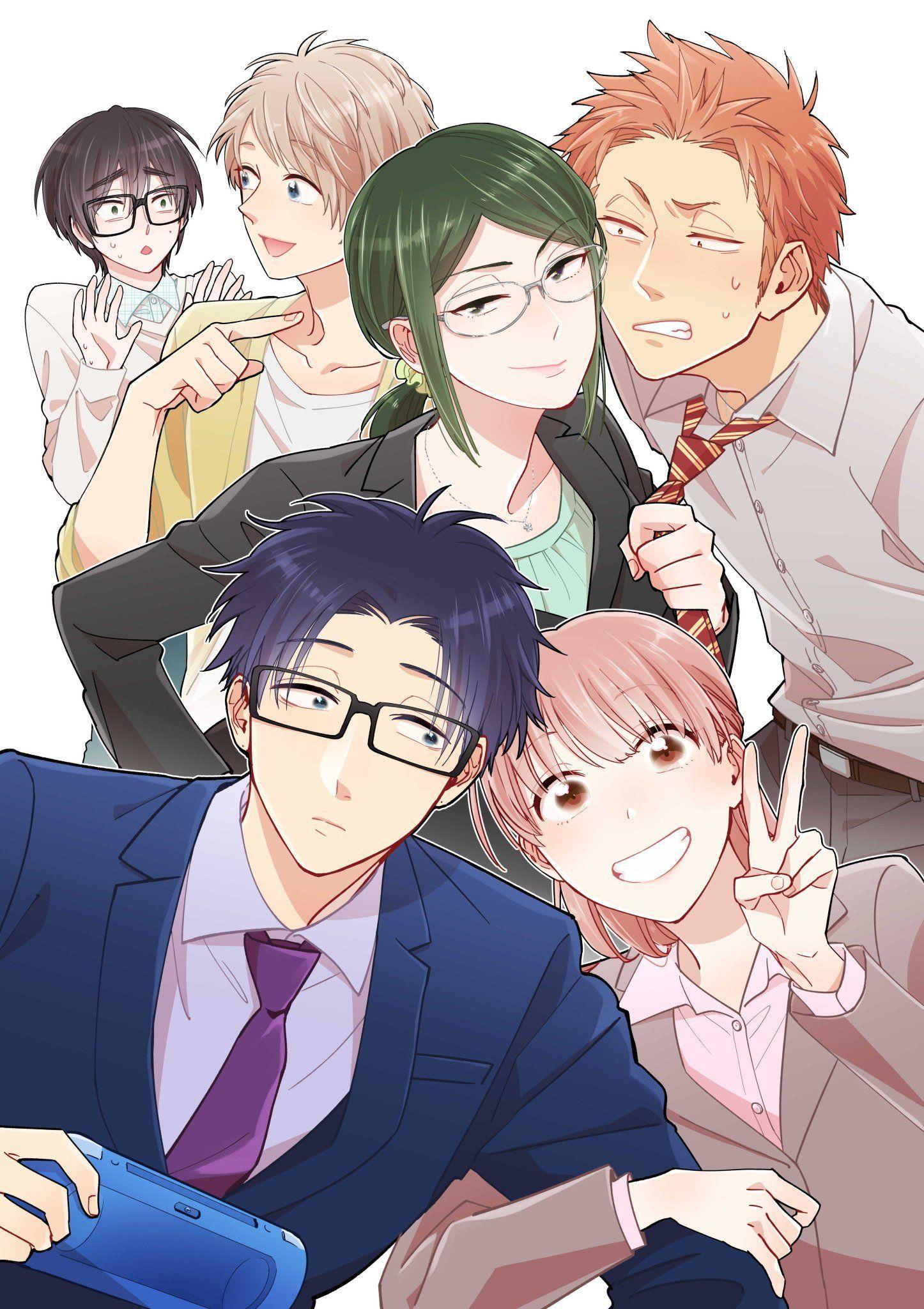Ghost in the Shell TV Show: A Deep Dive into Stand Alone Complex and Beyond
Ghost in the Shell, a name synonymous with cyberpunk and philosophical inquiry, has captivated audiences for decades. From its manga origins to its groundbreaking anime film adaptation, the franchise has consistently pushed the boundaries of science fiction storytelling. But what about its venture into the realm of television? The Ghost in the Shell TV show, primarily Stand Alone Complex, deserves a closer look.
Stand Alone Complex: A Landmark in Cyberpunk Television
Stand Alone Complex, which premiered in 2002, marked a significant moment for the franchise. It presented a fresh take on the established universe, crafting a complex narrative that explored themes of societal manipulation, cyberterrorism, and the very nature of consciousness. Unlike the more episodic structure of some anime series, Stand Alone Complex adopted a two-season arc, allowing for deeper character development and intricate plotlines.
The series follows Section 9, an elite law enforcement unit specializing in cybercrime, led by the enigmatic Major Motoko Kusanagi. Section 9 grapples with a variety of threats, from individual hackers to large-scale conspiracies that threaten the stability of society. What sets Stand Alone Complex apart is its exploration of the "Stand Alone Complex" phenomenon, where seemingly unrelated individuals or groups begin to act in a coordinated manner, mimicking a single, unified entity. This concept served as a powerful metaphor for the influence of memes and information in the digital age, resonating with audiences even more strongly today.
The first season primarily focuses on the Laughing Man incident, a series of cybercrimes committed by an anonymous hacker who targets powerful corporations and government officials. The investigation into the Laughing Man becomes a complex web of intrigue, exposing corruption and the insidious nature of power. The second season, titled 2nd GIG, introduces a new threat in the form of the Individual Eleven, a group of refugees advocating for the rights of displaced populations. This season delves into themes of political unrest, social inequality, and the ethical implications of cybernetic enhancement.
Characters and Their Evolution
The characters of Stand Alone Complex are integral to the series' success. Major Kusanagi, the cyborg operative with a troubled past, remains a compelling and complex protagonist. Her constant questioning of her own identity and her search for meaning in a world increasingly defined by technology are central to the show's themes. Other members of Section 9, such as Batou, Togusa, and Aramaki, are equally well-developed, each with their own unique skills and personalities. The dynamic between these characters adds depth and realism to the series, making them relatable and engaging.
Batou, the heavy weapons specialist, provides a strong and loyal presence, often acting as a foil to the Major's more cerebral nature. Togusa, the relatively inexperienced detective, offers a human perspective on the increasingly technological world, grappling with the moral dilemmas posed by cybercrime. Aramaki, the Chief of Section 9, serves as a steady and strategic leader, navigating the political complexities of his position while fiercely protecting his team.
Animation and Soundtrack: A Visual and Auditory Masterpiece
The animation of Stand Alone Complex, produced by Production I.G, is consistently high-quality, blending traditional animation techniques with CGI to create a visually stunning and immersive world. The detailed environments, realistic character designs, and fluid action sequences contribute to the show's overall impact. The soundtrack, composed by Yoko Kanno, is equally impressive, featuring a blend of electronic, jazz, and orchestral music that perfectly complements the series' tone and atmosphere. The opening theme, "Inner Universe," sung by Origa, is particularly iconic and instantly recognizable to fans of the franchise.
The series effectively utilizes visual cues to highlight the advancements of the cyberpunk setting. Cybernetic enhancements are seamlessly integrated into society, with characters sporting visible and subtle augmentations. The world feels lived-in and believable, a crucial element in grounding the more philosophical and abstract concepts explored within the narrative.
Legacy and Influence
Stand Alone Complex has had a lasting impact on the science fiction genre and television as a whole. Its complex storylines, well-developed characters, and thought-provoking themes have inspired countless creators and continue to resonate with audiences today. The series' exploration of cybercrime, artificial intelligence, and the blurring lines between reality and virtuality remains remarkably prescient in an age increasingly dominated by technology.
The series has been praised for its intelligent writing, sophisticated animation, and memorable characters. It has won numerous awards, including the Excellence Prize at the Japan Media Arts Festival and the Best Television Animation award at the Animation Kobe Festival. Stand Alone Complex is widely regarded as one of the best anime series of all time and a must-watch for fans of cyberpunk, science fiction, and thought-provoking storytelling.
Other Ghost in the Shell TV Adaptations
While Stand Alone Complex is arguably the most well-known and critically acclaimed Ghost in the Shell TV show, other adaptations exist. Ghost in the Shell: Arise - Alternative Architecture is another entry, expanding upon the Arise OVA series. While it offers a different aesthetic and narrative approach, it further explores the origins of Section 9 and the relationships between its members.
More recently, Ghost in the Shell: SAC_2045, released on Netflix, presents a CGI-animated take on the franchise. While visually distinct from previous iterations, it continues to explore themes of technological advancement and societal control in a futuristic setting. However, its reception has been mixed, with some criticizing its animation style and pacing.
Conclusion
The Ghost in the Shell TV show, particularly Stand Alone Complex, represents a high point in cyberpunk television. Its intelligent writing, complex characters, stunning animation, and thought-provoking themes have cemented its place as a classic of the genre. Whether you're a long-time fan of the franchise or a newcomer to the world of Ghost in the Shell, Stand Alone Complex is an essential viewing experience that will leave you pondering the future of humanity in an increasingly technological world. Its exploration of identity, society, and the impact of technology on human consciousness remains as relevant and engaging today as it was when it first aired.
The Ghost in the Shell franchise continues to push boundaries and ask important questions about what it means to be human in the digital age.
